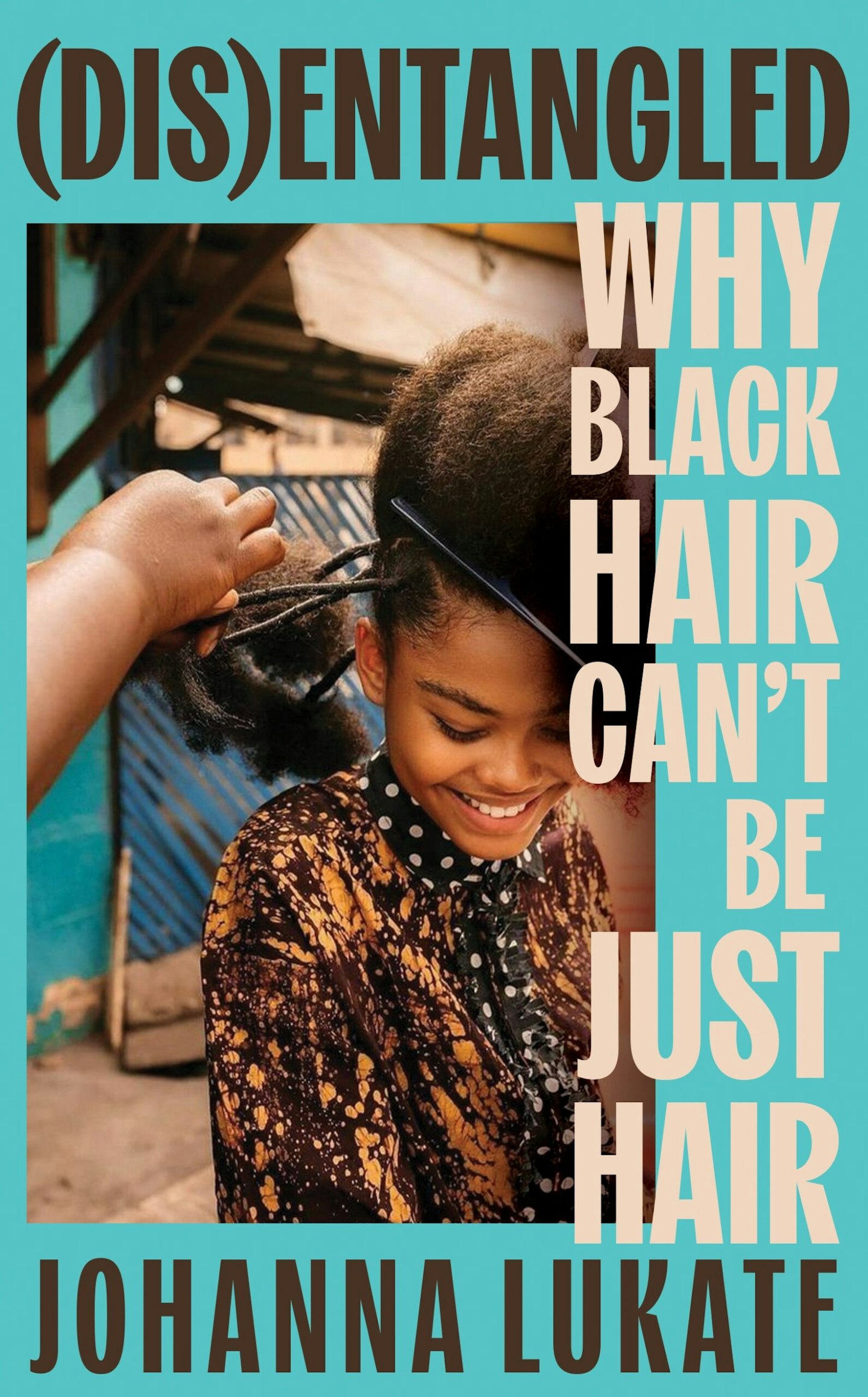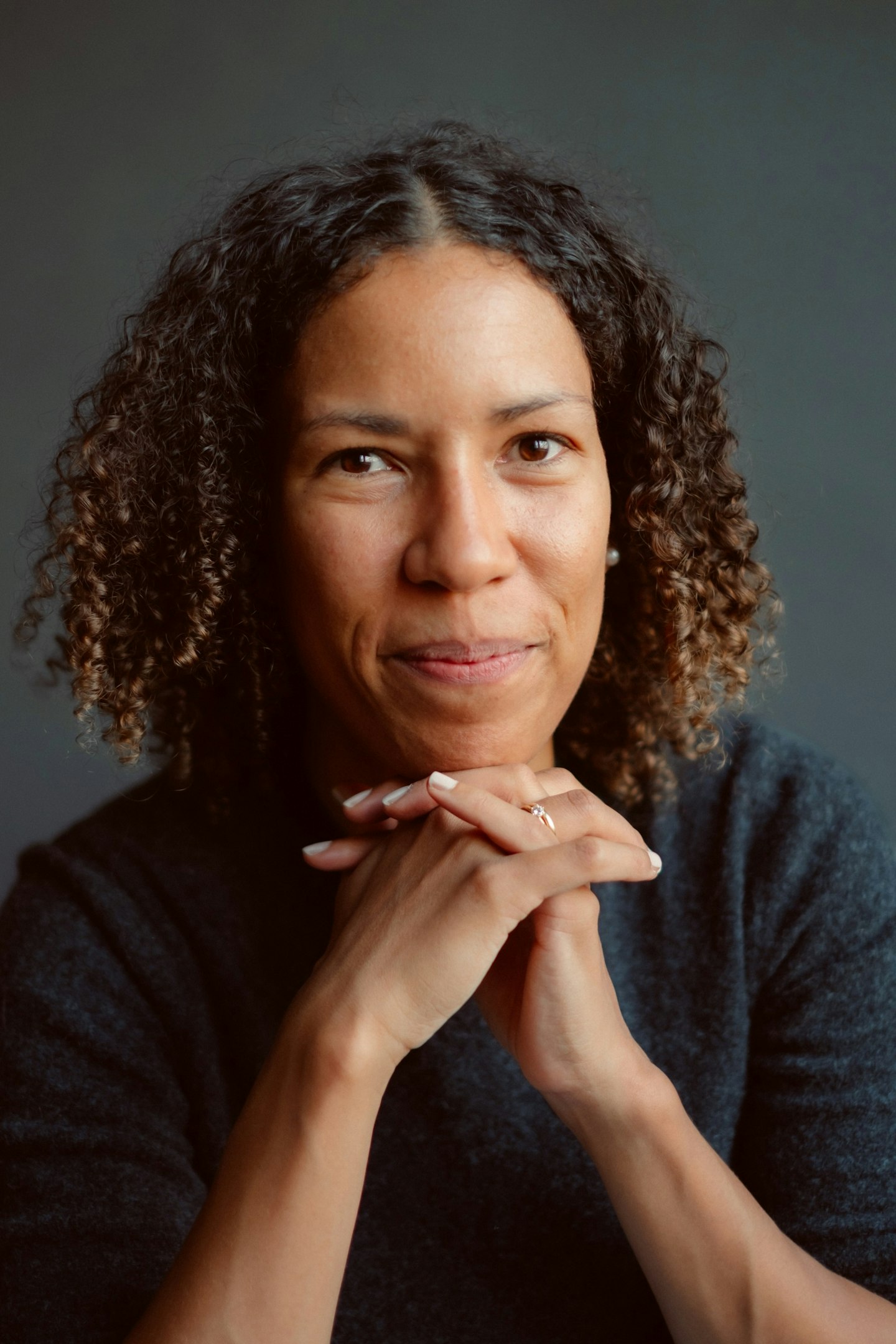When I thought about any lasting, physiological effects of pregnancy on my body – besides the changes in bone density, shifts in hormonal balance, depletion of iron and calcium stores, and long-term impacts on joints, pelvic structure, and muscle strength that come with growing and birthing a small human being – the first thing that came to my mind were stretchmarks. The last thing? Postpartum hair loss.
I would probably have read about the possibility of hair loss at some point during my pregnancy – in a book or a blogpost on the ever-expansive world wide web. But it was not until my own hair started to shed a few weeks after I weaned my first child that I googled combinations of 'pregnancy', 'hormonal changes' and 'postpartum hair loss', while sitting on the edge of the bathtub after freeing a golf ball-sized clump of hair from my brush.
Pregnancy had given me the longest, thickest hair in years. But it was only when I started to lose my hair that I realised how much I cherished the length and volume of my hair, styling it in ways that made me feel beautiful and feminine.
At first, the shedding was subtle. There would be a few extra strands stuck in the comb and more shedding than usual during a wash. Then the shedding became impossible to ignore. Whenever I ran my fingers through my hair, I would pull out multiple strands of hair. And with every passing week, the mass of hair that I weaved into a braid became less and less, until I relented and bought thinner hairbands. But not only did I lose volume, I lost length.

On my son’s second birthday, my phone showed me a memory from his first birthday: I was walking through the garden with a big smile. In one hand, I held my son. In the other, I carried the sugar-free blueberry cake I had made. That day, I had taken the time to style my hair and let my curls out (a risky choice with the curious hands of a one-year-old so close by), the strands falling well down to my chest. One year later, my hair had thinned out and was less than chin length.
As a psychologist and social scientist who has spent over a decade researching Black hair, I knew that hair and hairstyling are intimately entangled with our sense of self, others’ perception of us, and culturally shaped beauty norms. I have interviewed numerous women, spent days at hair salons, and written extensively about the emotional, social, and cultural significance of Black hair. I was also acutely aware of the double jeopardy faced by Black women: how the shrinking nature of our curls masks our hair’s true length, and how Black women are often made to feel less feminine or beautiful because their curly hair is measured against dominant beauty ideals that favour long, straight hair. Yet knowing all this intellectually didn’t fully prepare me for the emotional turmoil of losing my hair.
As the hair loss progressed, I invested in new brushes, established a scalp massage routine, switched shampoos, and tried yet another postnatal supplement. But none of it stopped the shedding. And with every handful of hair, which I plucked from my brush, I felt robbed of a piece of my femininity while wondering whether and when the loss would slow down.

Eventually, I booked an appointment with my hairdresser. As I waited for the hairdresser to cut my hair, I thought of the women who had shared with me their experiences cutting their hair short at various points in their life, some doing a big chop to transition from chemically straightened hair to natural hair. By comparison, my cut felt less dramatic. Under the skilled hands of my hair dresser, my hair transformed into a bold yet cute curly bob. And though its shortness felt unfamiliar and ‘not-like-me’, I gained new confidence from the cut and embraced the challenge of making short hair work for me.
In the months that followed, I got new black-rimmed glasses, experimented with a statement red lipstick, and wore turtlenecks that made the new length look deliberate. And soon, I started to feel at ease again — because my hair was very slowly growing longer but also because I was learning how to show up with this changed hair and still feel like myself.
Johanna M. Lukate is the author of ENTANGLED out 3rd July 2025 published by Coronet, an imprint of Hodder & Stoughton. Copyright © 2025 by Johanna M Lukate.
